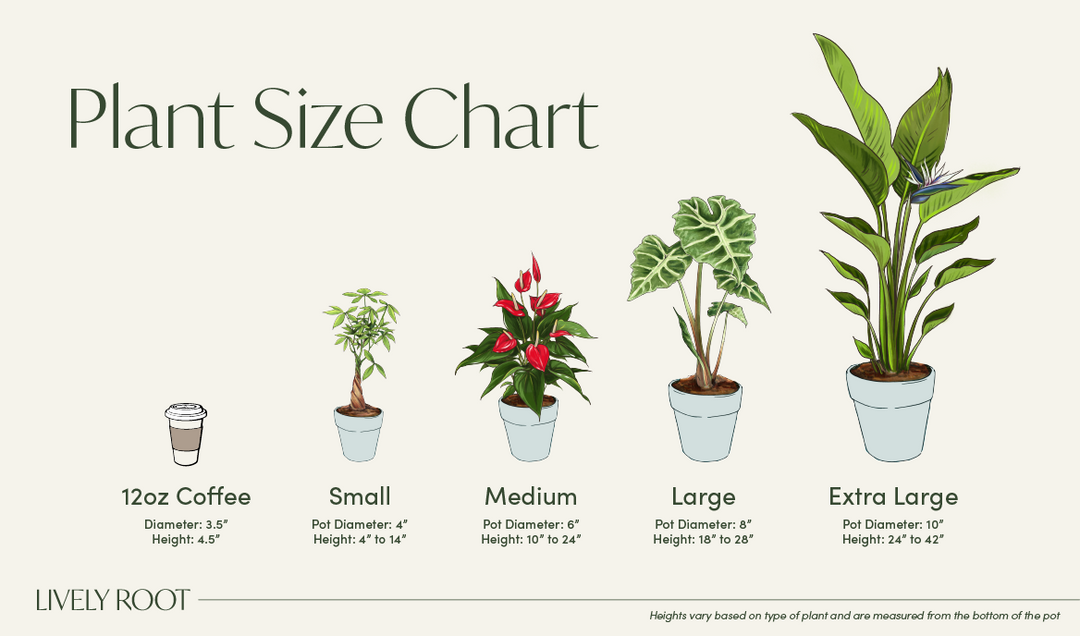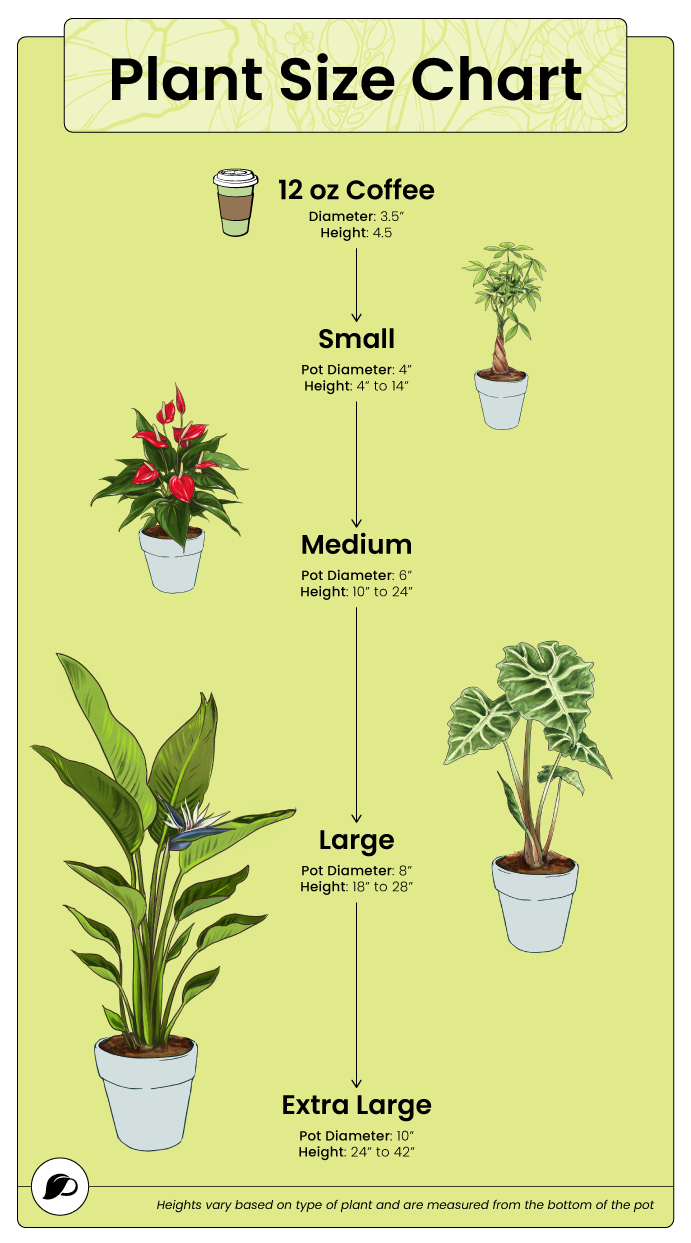To propagate this plant during the growing season: Take a 4-6 inch stem cutting in the early spring. Use a knife or sharp pruners, cut below a node where there are at least three leaves. Remove the bottom leaves to expose the node. Place the stem in a glass jar and fill with filtered water and watch the roots grow! Replace and freshen the water each week. After the roots are six weeks old, add the cuttings to moistened potting soil, continue to water, and give them the bright, indirect lighting requirements. To propagate this plant by division during the growing season: Water your plant the night before dividing. Inspect your plant for overcrowding. If they are root-bound in the pot, loosen the dirt around the root clump and brush away the soil. Begin to tease and pull apart the mass of roots. Divide each clump into their pot, measuring 2 inches wider than the root mass and deep enough for their roots to grow. Plant in well-draining potting mix amended with rooting hormone. Adding a rooting hormone during planting will help diminish the symptoms of transplant shock. Place the plant at the same level as the previous pot adding soil at the bottom. Water the soil and add more if settling occurs. Set them in medium, indirect sunlight. Check the moisture and humidity each day and add misting to keep the soil moist while the roots establish. After 6-8 weeks, roots will begin to develop. You can tug onto the stem to ensure the roots are anchoring well. Keep the air humid around them with a pebble tray and misting. Some die off of stems may occur from transplant shock. If this happens, cut the branches away and continue to hydrate, and keep the humidity level at a medium level while they recover. Adding a rooting hormone during planting will help diminish the symptoms of transplant shock.




